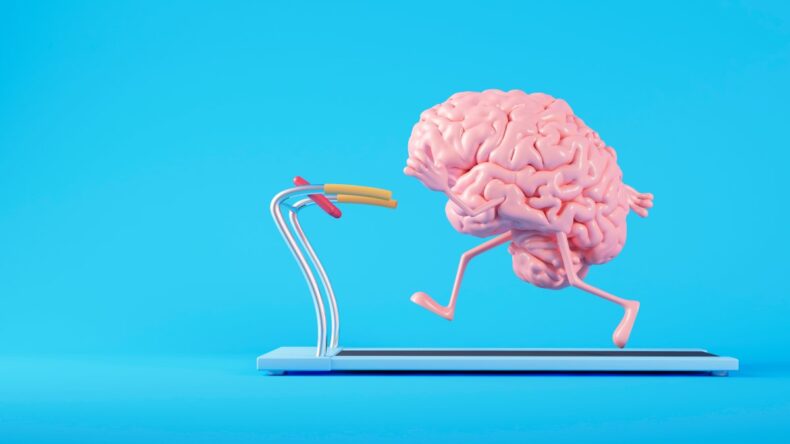The study, published this Monday by experts at UC San Diego School of Medicine, adds to prior studies associating physical activity and cognition by using 90 middle-aged and older volunteers who wore accelerometers when physically active and performed mobile cognitive testing from home.
“The future of lifestyle treatments has to be remote-based,”
said Raeanne Moore, associate professor at the University of California, San Diego School of Medicine and the study’s primary investigator.
“The epidemic has brought this home to me.”
According to the study’s findings, the 50- to 74-year-old individuals scored better on an executive function task on days when their physical activity rose.
Physical Activity and Cognition:
On the other hand, their physical activity levels dropped, so did their cognitive performance. The findings were published in the journal JMIR mHealth and uHealth on Monday.
Moore described the link as
“quite linear.” “We theorized that we’d discover this, but we couldn’t be sure because we weren’t telling individuals to go more active. They simply said about their business as usual.”
Even after controlling for characteristics including HIV status, age, gender, education, and race/ethnicity, the link between physical activity and cognition remained.
Moore argued that while functionally independent individuals presumably engage in more cognitively stimulating and social activities, which are known to have significant impacts on brain health, physical activity may have less influence on cognition.
Those with Alzheimer’s disease and associated dementia, on the other hand, observed a strong positive association.
“Physical activity may have a higher advantage on daily, real-world cognitive function for them,” Moore explained.
Moore and lead author Zvinka Zlatar, a clinical psychologist at UCSD School of Medicine, stated that their findings have significance for creating innovative digital health therapies to protect brain function in the elderly.
“We don’t know yet if these minor daily swings in cognition have a cumulative, long-term effect,”
Zlatar added.
“That’s what we intend to investigate next:
whether practising the physical exercise at varying intensities over time in unsupervised situations might result in long-term gains in brain health and sustainable behaviour change.”
Edited By- Kritika Kashyap
Published By- Satheesh Kumar













